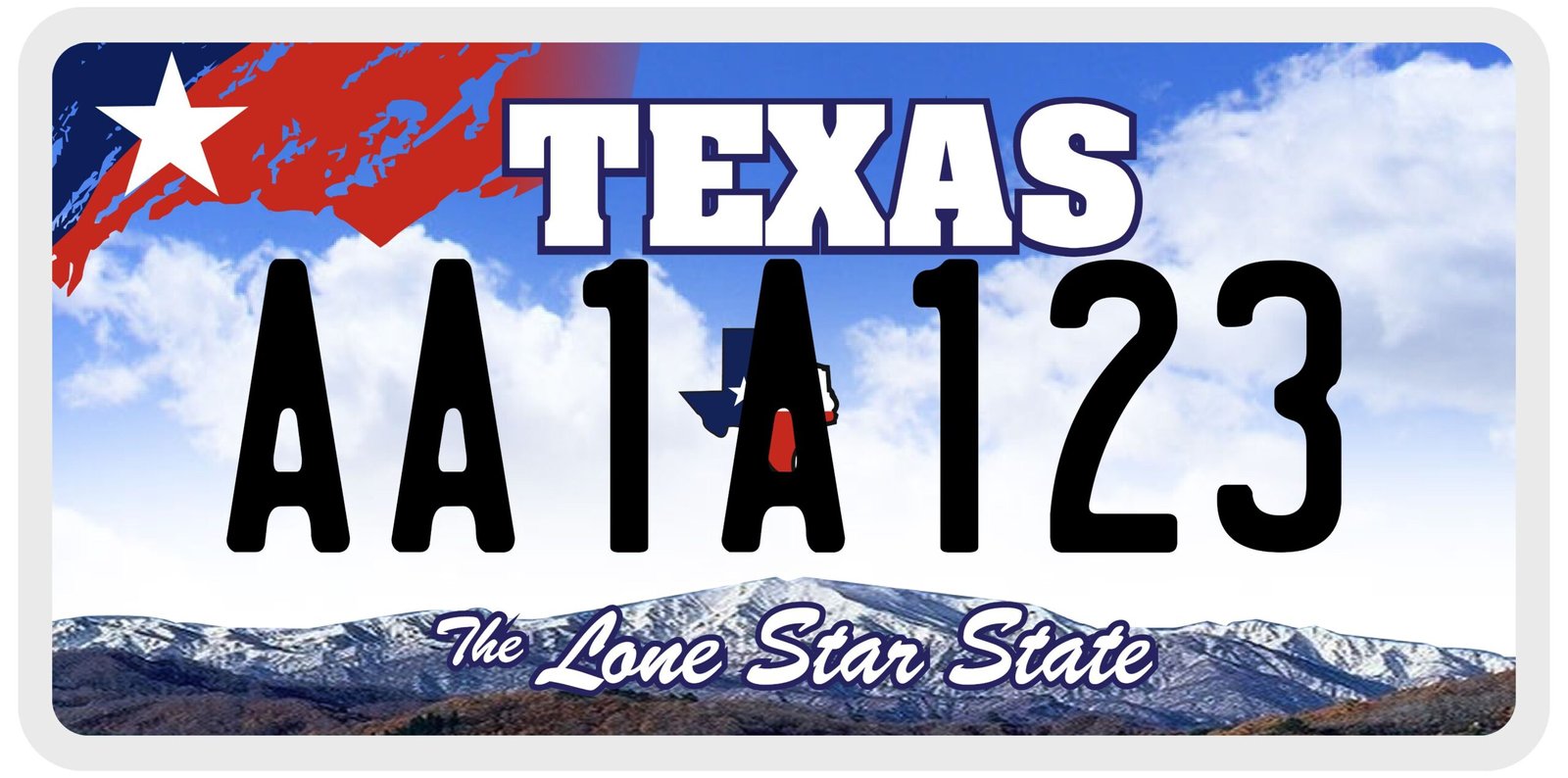A Texas license plate lookup is a useful tool for accessing information about a vehicle registered in the state of Texas. Whether you’re checking a vehicle’s history before purchase, verifying registration details, or conducting research, this service can provide valuable insights. Here’s everything you need to know about performing a license plate lookup in Texas.
What Is a Texas License Plate Lookup?
A license plate lookup in Texas involves using the unique license plate number of a vehicle to retrieve data about its registration and history. The process is commonly utilized for:
- Verifying vehicle information
- Checking for stolen or salvaged vehicles
- Reviewing accident or repair records
- Ensuring a vehicle’s legal standing
How to Perform a Texas License Plate Lookup
1. Through the Texas Department of Motor Vehicles (TxDMV)
The Texas Department of Motor Vehicles (TxDMV) offers official resources for license plate-related inquiries. While the TxDMV may not provide all details directly, it can guide users on how to access legal and accurate information.
2. Online Services
Numerous online platforms specialize in texas license plate lookup. Some provide free basic information, while others charge for detailed reports. Ensure the service complies with privacy laws and offers reliable data.
3. Local Law Enforcement Agencies
In certain cases, law enforcement agencies can assist with license plate inquiries, especially for legal or safety-related matters.
4. Private Service Providers
Private companies provide extensive vehicle history reports, often including data retrieved from Texas license plates. These reports may include accident history, lien status, and more.
Information You Can Access with a Texas License Plate Lookup
The specifics of the information retrieved depend on the platform or agency used. Common details include:
- Vehicle make, model, and year
- Registration and expiration details
- Title history (e.g., salvaged or clean)
- Accident and repair records
- Recall and warranty information
Legal and Privacy Considerations
In Texas, license plate lookups are governed by the Driver’s Privacy Protection Act (DPPA) and other state-specific laws. These regulations ensure that personal information, such as the vehicle owner’s name and address, is protected.
Always use a license plate lookup for legitimate purposes, such as verifying vehicle history or ensuring public safety. Misuse of this information, such as for stalking or harassment, is illegal and punishable under Texas law.
Benefits of Texas License Plate Lookups
- Fraud Detection: Identify potential scams or fraudulent activities in vehicle sales.
- Accident History: Learn whether a car has been involved in accidents.
- Legal Compliance: Confirm that a vehicle complies with registration and title requirements.
- Enhanced Safety: Ensure you are dealing with a legitimate vehicle and owner.
Challenges and Limitations
- Restricted Access: Personal details like the owner’s name and address are not available without legal authorization.
- Cost for Comprehensive Data: Detailed reports from private services usually require payment.
- Potential Scams: Be cautious of websites claiming to offer unrestricted access to sensitive information.
Best Practices for Texas License Plate Lookup
- Use official resources like the TxDMV whenever possible.
- Ensure the online service provider complies with state and federal privacy laws.
- Cross-check information from multiple sources for accuracy.
- Avoid using the service for any unlawful or unethical purpose.
Conclusion
A Texas license plate lookup is a powerful tool for verifying vehicle details and ensuring informed decisions. Whether you’re a buyer, law enforcement officer, or curious individual, this process offers valuable insights while respecting privacy laws. Always prioritize reputable services and adhere to legal guidelines to make the most of this resource.











